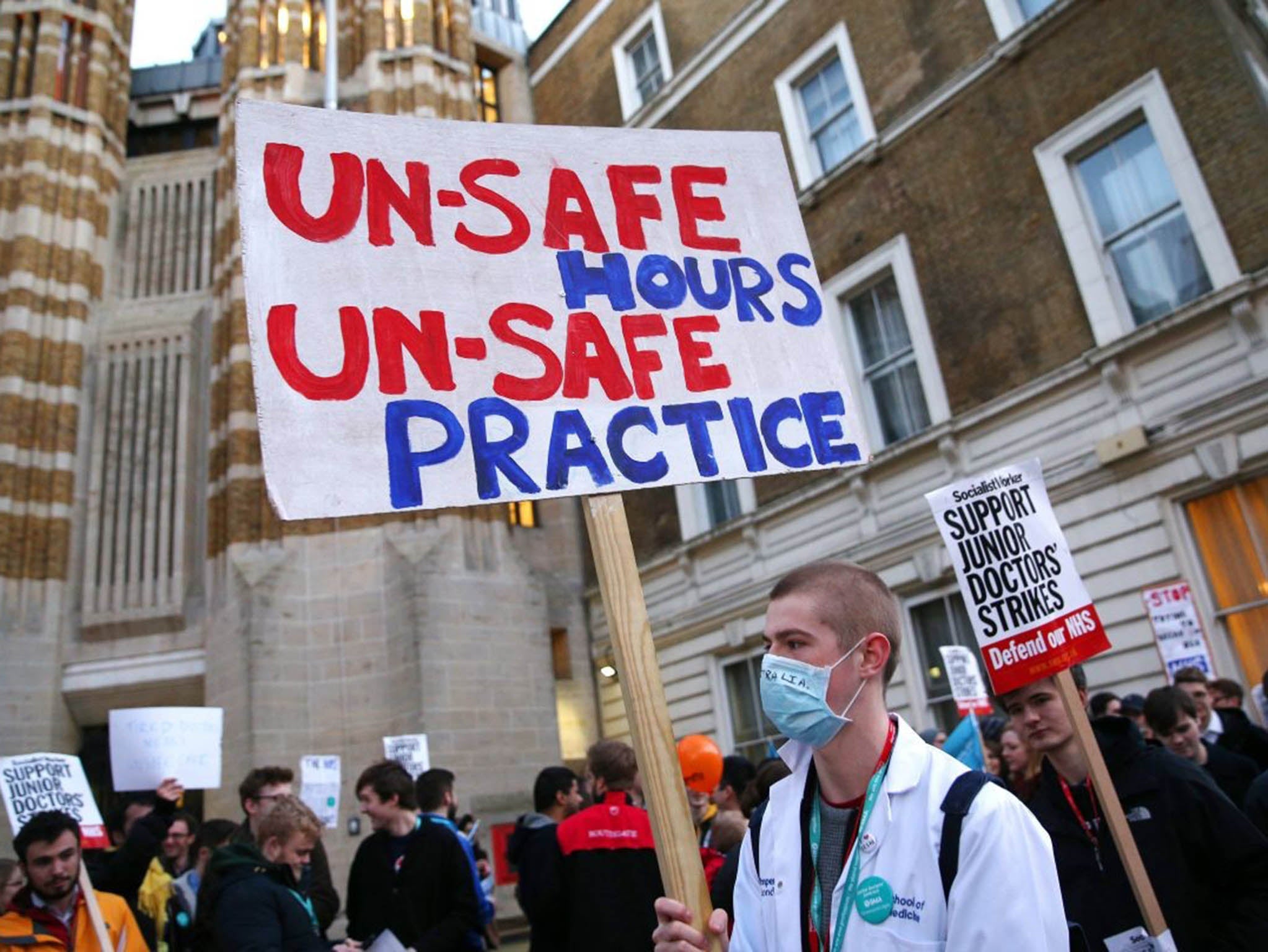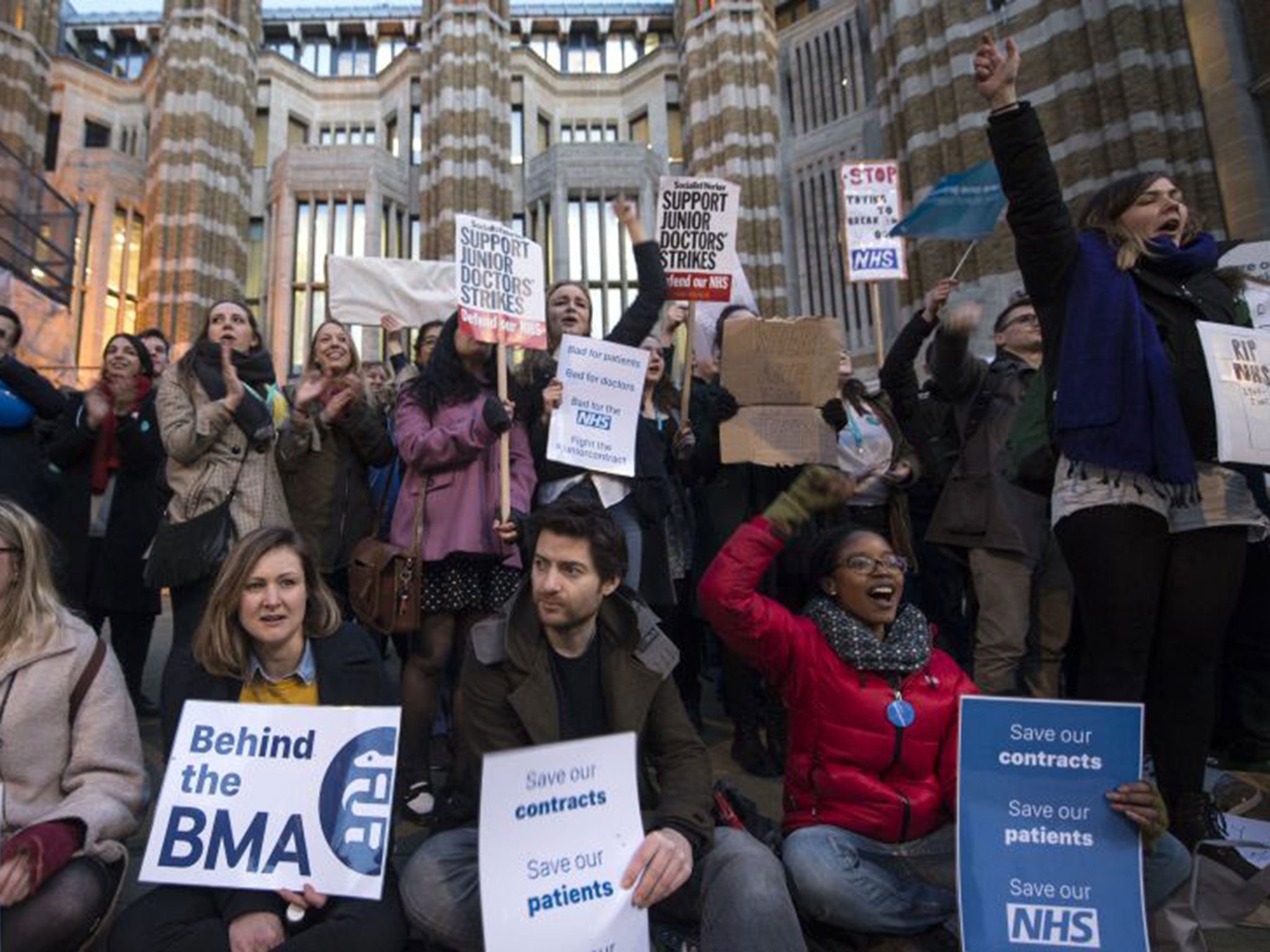Your support helps us to tell the story
From reproductive rights to climate change to Big Tech, The Independent is on the ground when the story is developing. Whether it's investigating the financials of Elon Musk's pro-Trump PAC or producing our latest documentary, 'The A Word', which shines a light on the American women fighting for reproductive rights, we know how important it is to parse out the facts from the messaging.
At such a critical moment in US history, we need reporters on the ground. Your donation allows us to keep sending journalists to speak to both sides of the story.
The Independent is trusted by Americans across the entire political spectrum. And unlike many other quality news outlets, we choose not to lock Americans out of our reporting and analysis with paywalls. We believe quality journalism should be available to everyone, paid for by those who can afford it.
Your support makes all the difference.Jeremy Corbyn and David Cameron got into a row at Prime Minister’s Question time about death figures in NHS hospitals at the weekend.
The figures are important because Jeremy Hunt’s argument for introducing a new contract hinges on the idea that hospital care is worse at weekends because of staffing levels.
What did David Cameron claim?

At PMQs Jeremy Corbyn asked David Cameron whether he agreed that the Health Secretary, Jeremy Hunt, had been misleading when he claimed that 6,000 deaths were caused every year by NHS staffing arrangements.
David Cameron replied that the figures were in fact an “understatement” – because, he said, new research showed that the figure was in fact 11,000.
“Now we’ve had time to go into these figures of more detail, I can tell the House that the Health Secretary was indeed guilty – he was guilty of an understatement,” Mr Cameron said.
“The true figures for excess deaths at the weekend were 11,000, now 6,000. So perhaps the right honourable gentleman will now withdraw his totally unjustified attack on the Health Secretary?”
How did David Cameron get the 11,000 figure?

David Cameron appeared to suggest the 11,000 figure was new, and a surprise – in fact, this figure is based on a British Medical Journal study published in September.
In October, during his dispute with the British Medical Association, Jeremy Hunt himself had repeated the 11,000 figure.
“According to an independent study conducted by The BMJ, there are 11,000 excess deaths because we do not staff our hospitals properly at weekends.”
In July, Jeremy Hunt had said: “We have about 6,000 avoidable deaths every year.”
Are they right?

No – both Jeremy Hunt’s statements – whether 11,000 or 6,000 – are completely wrong.
When Mr Hunt used the 6,000 figure in July, the study it was drawn from had not been published or reviewed yet.
Domenico Pagano, one of the authors of the study, wrote an email, obtained by the BBC under freedom of information rules, criticising Mr Hunt’s citation of the study.
“It will be inaccurate and counterproductive to quote that our analysis is due to be published in the BMJ shortly, as this is not the case and may seem to interfere with the peer review process,” he wrote.
Mr Hunt quoted the study's preliminary findings anyway.
Once the study had been published, the 6,000 figure of “excess deaths at the weekend” was revised up to 11,000.
But the researchers added another huge caveat. They included a warning note about how to use the figures:
“It is not possible to ascertain the extent to which these excess deaths may be preventable. To assume they are avoidable would be rash and misleading.”
The Health Secretary’s entire argument about weekend staffing relies on the deaths being preventable, rather than natural.
The actual figure is irrelevant - the figure does not represent what Jeremy Hunt and David Cameron say it does.
How can the deaths be higher on the weekend but not preventable?

A number of theories have been suggested; chiefly, that people who go to hospitals on weekends tend to be more ill.
The number of people in hospital for some things is lower at the weekend – fewer routine operations are scheduled, and those who are there tend to be just the more urgent cases.
Thus, people in hospitals tend to be there because something is very and immediately wrong with their health.
People who are very ill might also need a family carer to go with them, and that carer might only be available to go at weekend because they work on weekdays.
Other reasons have also been suggested. It is likely that there are a mix of causes; Mr Hunt’s theory about staffing may even be partly true, but there is no evidence for it.
Ultimately, to confirm any of these theories would require more research. But the researchers cited by Jeremy Hunt are clear that the studies is citing do not show what he says they show.
Thus, David Cameron is either ignorant or misleading about the studies he cited.

Join our commenting forum
Join thought-provoking conversations, follow other Independent readers and see their replies
Comments